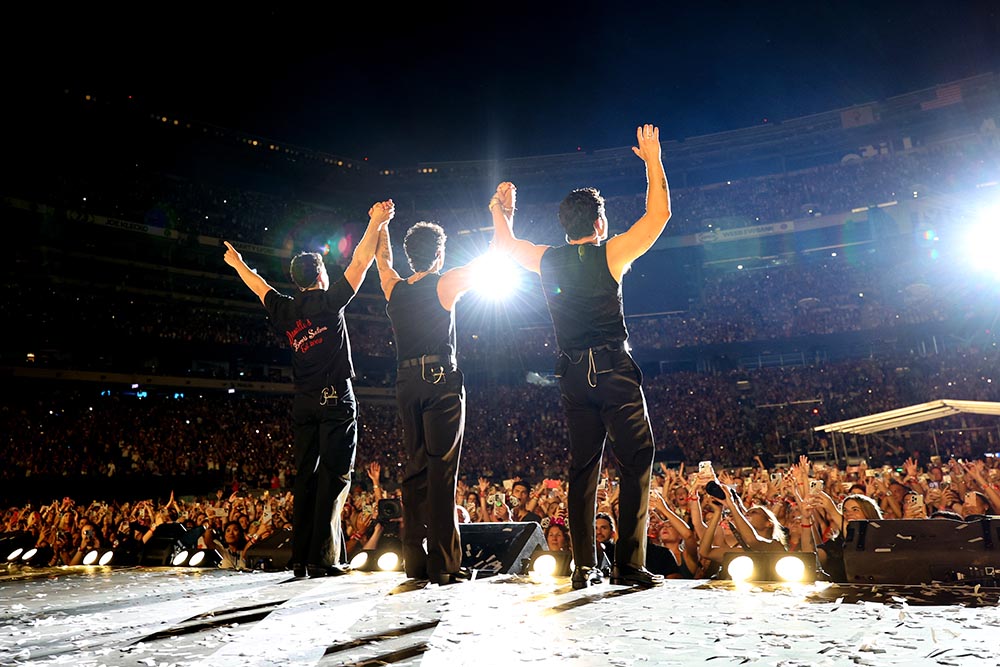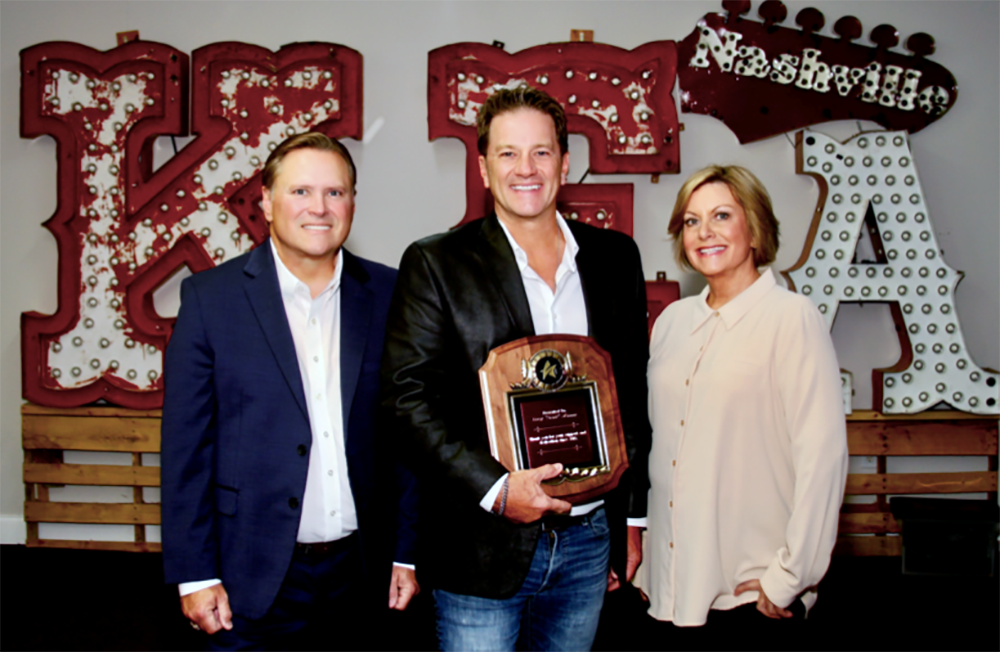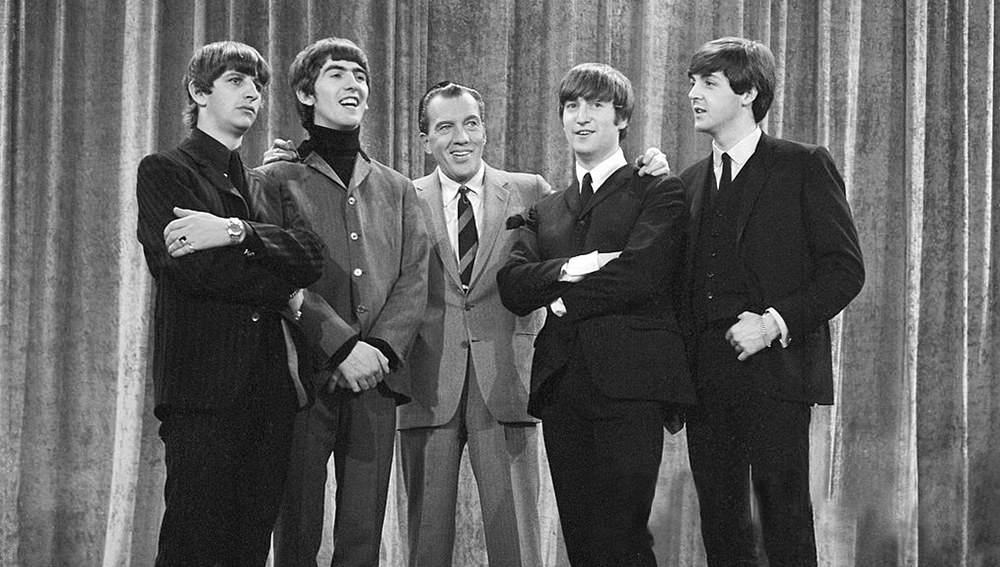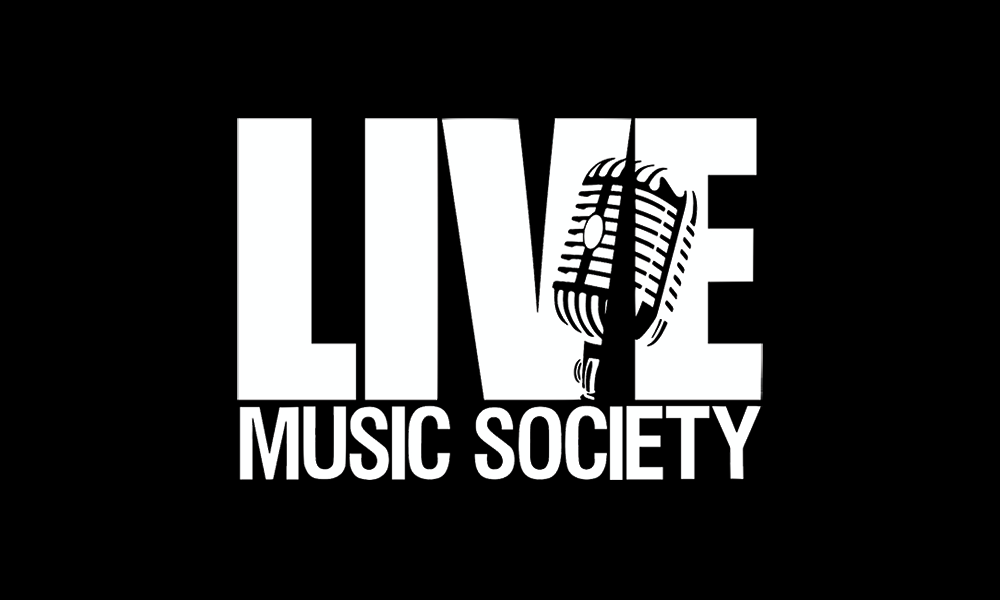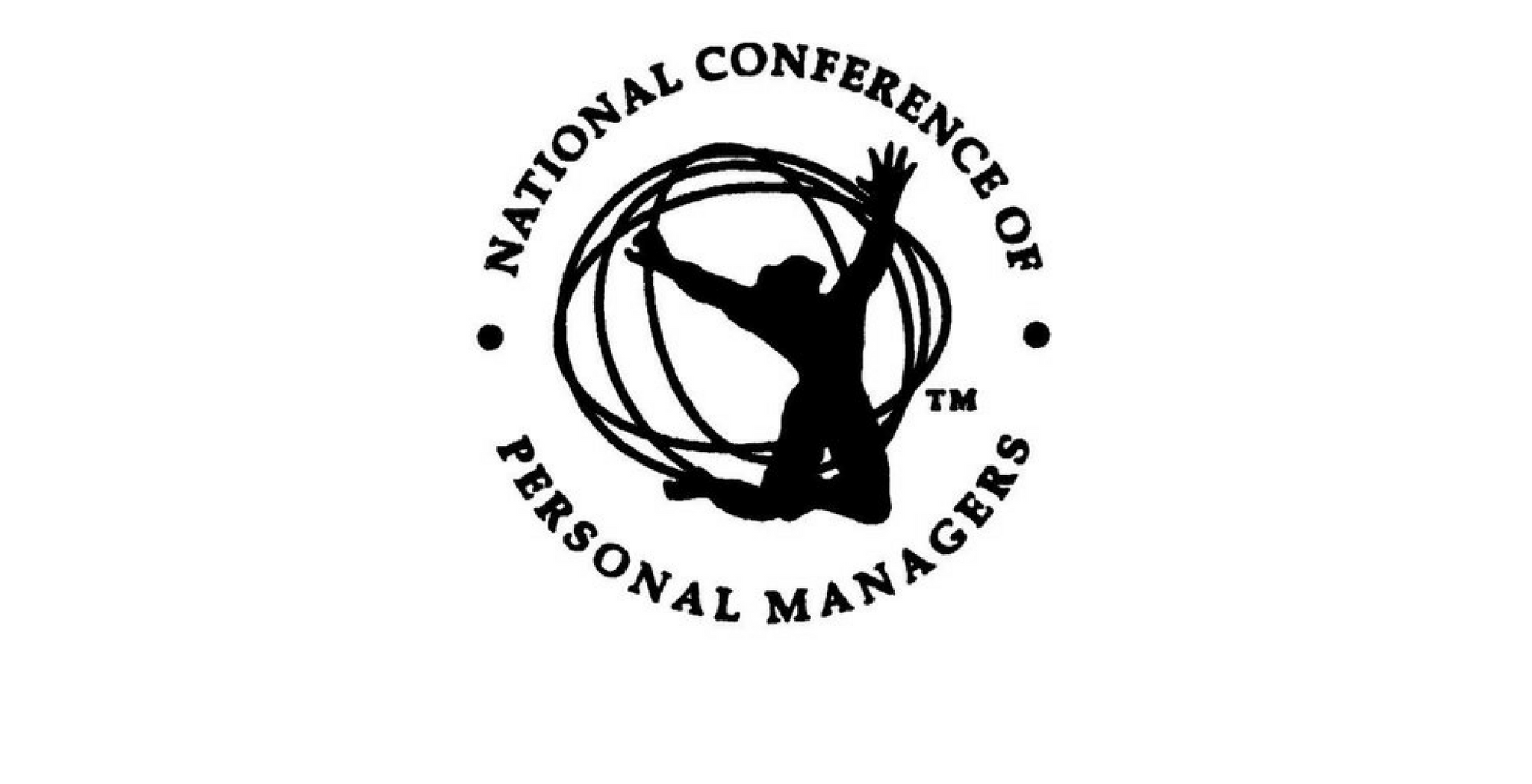
BEVERLY HILLS, CA (CelebrityAccess MediaWire) — Much like a live show, you never really know what move Live Nation will make next. This time, Live Nation is losing global music chief executive Jason Garner, and will now operate under three regional executives and a mandate to reduce costs.
Recent declining ticket sales have put the weight of the performing world on the shoulders of Live Nation, and the company is shifting under the pressure.
Veteran concert promoters Mark Campana and Bob Roux will now divide the North American market. Rick Franks will oversee strategy for concert tours.
Campana, former president of Midwest music at the company, will now oversee booking, operations and venues in the Northern half of the United States, comprising the New York, Boston, Philadelphia, Detroit, Cleveland, Chicago, St. Louis, Pittsburgh and Indianapolis markets. Campana will be based in Chicago.
Roux, former president of the Houston/Dallas/New Orleans region, will head the Southern part of the country, including Florida, Carolinas, Washington, D.C., Atlanta, Texas, Phoenix, Las Vegas, Seattle, Denver, New Mexico and California markets. Roux will be based in Houston.
Rick Franks, former president of Live Nation Detroit, has been promoted to president of North America, talent/touring, in the touring division, and will be based in Detroit.
Ron Benson, former president of Tickets Now, has been appointed CEO of the House of Blues and club division. Benson previously ran the Game Works restaurant chain and Universal Studios Theme Parks.
Wednesday's moves put the company's concert business in the hands of executives with deeper experience in that industry than Mr. Garner, who came to concerts via a circuitous route that included promoting boxing matches according to the Wall Street Journal.
This renewed structure indicates a change in Live Nation's strategy, one that leads the company to strike deals on a show-by-show basis rather than forking over some serious funds to secure the right to promote most or all shows on lengthy concert tours. Many in the industry blamed such broad deals for increasing costs and ticket prices, particularly as Live Nation and rivals such as AEG Live LLC got into bidding wars over concert tours according to the Wall Street Journal.
Live Nation executives hope that by buying shows in individual markets, they can pay more appropriate prices to performers for a given show. When it comes to superstar acts such as U2 and Madonna, Live Nation is still likely to follow the strategy of trying to lock up entire tours.
"The economy has impacted our industry in 2010 and it looks like it will be another factor in 2011," Live Nation Chief Executive Michael Rapino wrote in an internal memo Wednesday announcing the new appointment. "So we need to focus on the right acts in the right markets with the most efficient organization."
Shares of Live Nation Entertainment are trading lower by -0.41% ahead of its quarterly earnings release on November 4th. Wall Street Analysts consensus calls for a profit of $0.38 a share on $1.93 billion revenue. Live Nation estimates have a range of $0.26 a share according to TradersHuddle.com. The high estimate calls for profit of $0.54 a share and the low estimate is calling for a profit of $0.28 a share, a year ago for the quarter the company reported $0.78 a share.
Live Nation executives in July said they expected the company's adjusted operating income for this year to be $405 million, or $40 million less than previous forecasts according to the Wall Street Journal. The lowered estimate sent the company's stock into a brief tailspin, though it has since recovered much of its value.
The new changes are intended to cushion earnings by reducing Live Nation's costs, but may spur some company layoffs.
— Crystal Lynn Huntoon






















